Sausage and saltines. Of course, you have peas and carrots, ham and cheese, peanut butter and jelly, but this pairing is a delicacy. At least at 13-years-old. It’s the kind of thing you could eat all day but also something mom’s don’t let you do.
But then one day, you go on a boy’s camping trip with just dads, uncles, and a grandpa. No moms allowed. And guess what, these men cook a lot of sausage and have stacks of saltines and don’t pay attention to how much you eat for three days. Finally, I could indulge to my heart’s content. And I did.
On the drive home, my stomach caught on fire. Shocking, I know. Over the next few days, the pain grew. It was intense, like an alien trying to escape. At the doctor they revealed there was something trying to escape, but it wasn’t an alien. The doc asked the last time I had gone to the bathroom, and I realized it had been before the men’s trip. In front of my mom, he asked me what I had been eating and I said just a steady diet of sausage and saltines. He laughed. My mom did not.
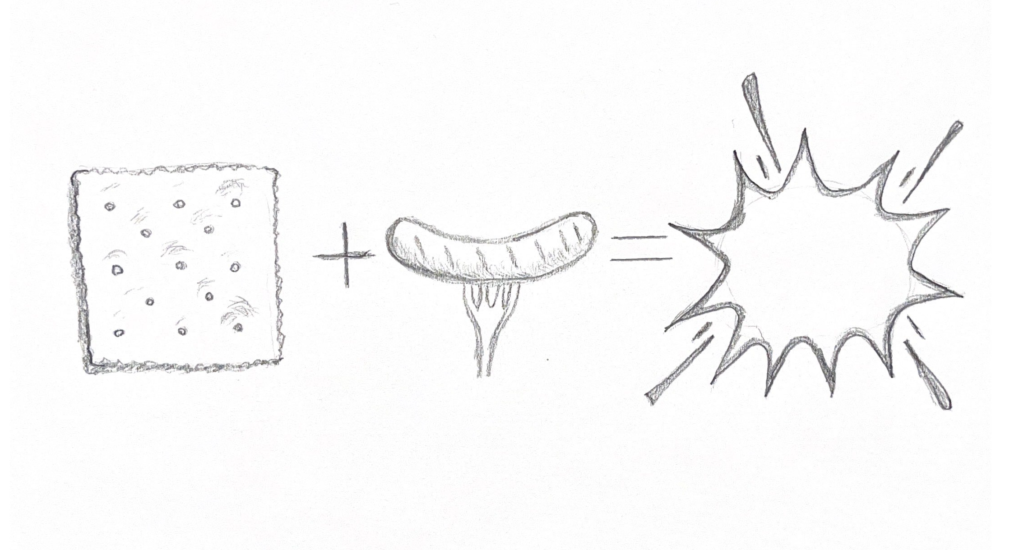
I learned a lesson that day, one I keep learning. Humans have limits.
The Problem With Humans
No matter how hard we try, we can’t get enough. We always want more:
- Pleasure (food, drink, experiences)
- Success (work, prestige, achievements)
- Money (I’m not greedy, just a little more…)
- Power (control, a voice, more say)
- Validation (accolades, approval)
- Security (savings, comfort)
There is never enough. And it kills us. Because we are not limitless. Our bodies can only take so much sausage and saltines and pleasure and ambition. When we pass our limits, our bodies stop working how intended.

If I could just have a little more, then I would be happy. Be honest. Isn’t this what we believe, even though we see example after example of discontent when humans get more of what they think they want?
If we need a perfect example of our current moment, it’s the prevalence of burnout. What happens when we burn out? We strive and work for more, speeding through limits until our brains, bodies, and emotions collapse. Burnout is a reminder of our limited nature.
Here’s some bad news: AI has us beat on this one.
AI Is Limitless
Of course, that’s not entirely true. Like all technology, AI has limits based on code and function and set parameters. But in relation to humans, the limits are few. AI can work all night and churn out answers for millions of people and never need a 15-minute coffee break. It doesn’t need to recharge by going to the beach. AI does not and will not burnout. Machines, robots, software—they are not organic, spiritual, or emotional beings.
If we try to compete with technology in this way, we will lose. If we approach our jobs and relationships as limitless production opportunities, we will break down.
We will become less human.
Human-less in Egypt
In the creation narrative in Genesis, we see a creator who works hard. From scratch, he creates majestic mountains, weird and quirky insects, and oceans teeming with colors and life. (Most of us don’t even create brownies from scratch.) Then, this creator does something strange—he limits himself. He doesn’t keep creating more and more. He stops and says, “enough.”
In the brilliant, “BEMA Podcast,” Marty Solomon talks about one name for this Creator God is El Shaddai:
“If you were to take the consonants of El Shaddai and turn them into a phrase, El Shaddai means “the God who knows when to say enough.”
Mary Solomon “The BEMA Podcast
The God who knows when to say enough.
To stop.
To take a break.
To rest.
To enjoy.
He is a limitless God, but doesn’t work like a machine or robot. He works and then rests. There is an inherent rhythm to this Creator.
And from the beginning, he has put rhythm into creation. There is action and activity, and then a break. It’s like the rhythm of music. There are beats and breaks. The reason you nod your head is because of activity, combined with non-activity.
But years after the creation narrative, we find God’s people enslaved. They no longer live in a place of abundance or rhythm, but have become machines.
Pharaoh said, “Lazy, that’s what you are—lazy! That is why you keep saying, ‘Let us go and sacrifice to the Lord.’ Now get to work. You will not be given any straw, yet you must produce your full quota of bricks.”
Exodus 5:17-18
Bricks, bricks, and more bricks. Nonstop production and work. This is not the way humans were meant to operate. So, what happens next? God rescues these people from Egypt and leads them to freedom. And what is a key rules he gives these people?
SABBATH.
It’s a requirement to stop working and take a break. It’s a command to embrace limits. Whether you think you can or not, it’s permission to say, “enough.”
At the core of this new kingdom would be a return to rhythm. A return to rest. A return to being human.
Voice #1
When we live in this rhythm, we flourish. But we know humans. From the beginning, the archetypes, Adam and Eve, do what all humans do. The Garden of Eden represents a reality of abundance, where every need is provided for.
But a voice speaks to them about control and distrust in God and his provision. Instead of trusting the Creator and his created world and rhythm, they listen to this voice and decide they would rather be like God.
They want control.
They trust themselves.
Their plans.
Their agenda.
This voice still speaks to us today. It says YOU ARE NOT ENOUGH and YOU DON’T HAVE ENOUGH. It sounds a lot like Pharaoh’s voice, “lazy…now get to work…you must produce your full quota.”
It says your identity and worth depend on the things you do and accomplish. So we refuse to trust and we take control for ourselves. We need more activity, pleasure, company, work, goals, stuff, and achievements.
Voice #2
I used to hate boundaries as a kid. I thought the main purpose of parents was to limit the amount of fun a kid can have.
- Early bed times.
- No jumping off tall structures.
- No shoving things in your nostrils.
- Or your sister’s nostrils.
Boundaries stink as a kid.
But then I had a kid. Why can’t they see I’m different from my parents? I’m not trying to take away their fun, I just want what’s best for them! But they don’t hear my voice in this way. They want to control things. So they listen to a voice telling them to crawl under school fences in defiance. They listen to a voice telling them to yell when I say it’s bedtime. They believe the voice telling them every kid deserves an endless amount of desserts and they live under a strict dictatorship if we don’t give it to them.
Why can’t they see I want the very best for them? If they embraced my limits, it would make their lives better. It’s a paradox—they think I put the limits in place to make them miserable, but I know they need them for health and flourishing.
This, of course, is still us. We are all still kids deciding which voice to listen to. We are Adam and Eve, with the decision to trust the voice saying, “you are enough. You can stop and rest. You can trust me and release control.”
“He’s inviting Adam and Eve to just trust the story. “Just trust me, Adam and Eve. Just trust me, Adam. I made this creation good. There’s everything that you need. You need to know when to say enough. You need to know when to say, ‘I don’t need anymore because God’s given me everything I need.’ ”
Marty Solomon “The BEMA Podcast
It’s the human dilemma. We have the option of listening to the voice of a loving Creator, but often we think we know best. We listen to the voice of the snake and the voice of pharaoh and Empire.
Limits Help Us Choose What is Better
And so, like kids, we usually choose instant gratification and release, instead of thinking through what is best for the long term.
We scroll through social media videos because it instantly shuts off our incessant thinking and provides a quick sense of relaxation. But there is a reason it’s called “doom-scrolling, or zombie-scrolling.” It’s not a deep and true relaxation, it’s a numbing-technique. Would it not be a better form of deep relaxation to limit this time and instead take a slow walk outside?
Sausage and saltines are good on the way down, but cause long term problems.
How can we focus our attention on what is better for deep health and flourishing? This is where embracing limits comes in.
I read about this CEO who stepped down in order to spend time with his kids. He evaluated his success vs. his limited time with his kids and made a choice for what was better. This is how embracing limits leads to human flourishing.
Embracing limits does not mean:
- Saying no to all indulgences
- Ambition is bad
- Working hard is not important
- Never stretching or challenging yourself
Simply put, limits allow us to remember what is most important.
- Desserts are good, health is better.
- Work is good, relationships are better.
- Achievement is good, a full life is better.
So, like this entire series, I have hope as we entire into an age of AI: maybe being confronted by the limitless nature of artificial intelligence will cause us to embrace our humanness, with its built-in limits.
The Ultimate Human Limit
“Day by day remind yourself that you are going to die.”
St. Benedict
During the pandemic, I had a physical crisis. It was not related to any virus but took place in my face area. One night I looked in the mirror and noticed something I had never noticed before. I had wrinkles. I’m sure they had been there before but this was the first time I observed them. So, I tried something for the first time. Face moisturizer. Sure, I knew it existed but had never considered putting any kind of cream on my face, but now it seemed necessary.
Why would I do that? Why do humans collectively spend millions and millions of dollars per year on anti-wrinkle creams and Botox and cucumber-eyes and anything promising to make us look younger?
What is it about wrinkles? Why do we want to hide them and pretend they don’t exist?
Wrinkles are a reminder. They are a whisper of what’s to come. They are evidence of the ultimate human limit. No matter how many green smoothies we drink or cold plunges we take, death is a part of being human.
In my favorite movie “Shawshank Redemption” the main character, Andy Dufraine is overwhelmed with the weight and shackles of his life in prison. It seems he’s had enough, and can’t bear the pain anymore. So, he turns to his best friend, Red, and says, “I guess it comes down to a simple choice, really. Get busy living, or get busy dying.” Red is worried Andy is giving up and contemplating suicide but instead, when faced with the reality of his existence, he chooses to get busy living.
We are limited, finite humans. At least in this world, on this earth, we can’t live forever. Our organic bodies will break down. We can let this reality haunt us, depress us, or cause us to shrivel up and live a protected life.
OR
We can get busy living. We can allow this ultimate limit to remind us of this gift of life. We can take our heads out of our emails and off of social media and refuse to believe the narrative that humans should base their lives on endless production because we are not machines and robots.
We are alive.
Maybe this reality would help us notice the Creator has made a world and Kingdom of abundance, not scarcity and given us more than enough in each present moment.
Maybe it will teach us a key to living a full, content, and joyful human life is knowing when to say, “ENOUGH.”
Maybe it will compel us to refuse to be machines and learn to stop producing and start resting.
Limits Are Everywhere
There are the limits we’ve already mentioned like energy, work, capacity, and appetites…but if we pay attention, there are limits everywhere:
- Limits of location: The internet is great, but what if we focused on the people near to us? Our neighborhood. What if we focused more on our 100-200 immediate people, instead of what people we don’t know say on Twitter?
- Limits of uniqueness: We have limits in gifting and talent and makeup. Imagine how freeing it would be to stop comparing and focus on the limits of your uniqueness abilities to contribute to this world?
- Limits of perfection: Humans are not machines, we make errors and mistakes and flubs. What if we stopped beating ourselves up and embraced our imperfection?
- Limits of individualism: We can only do so much on our own. When we reach these limits, we were made to reach out to others for help.
As limitless AI enhances and increases, may we learn to say “enough” and reclaim our humanness by embracing limits.
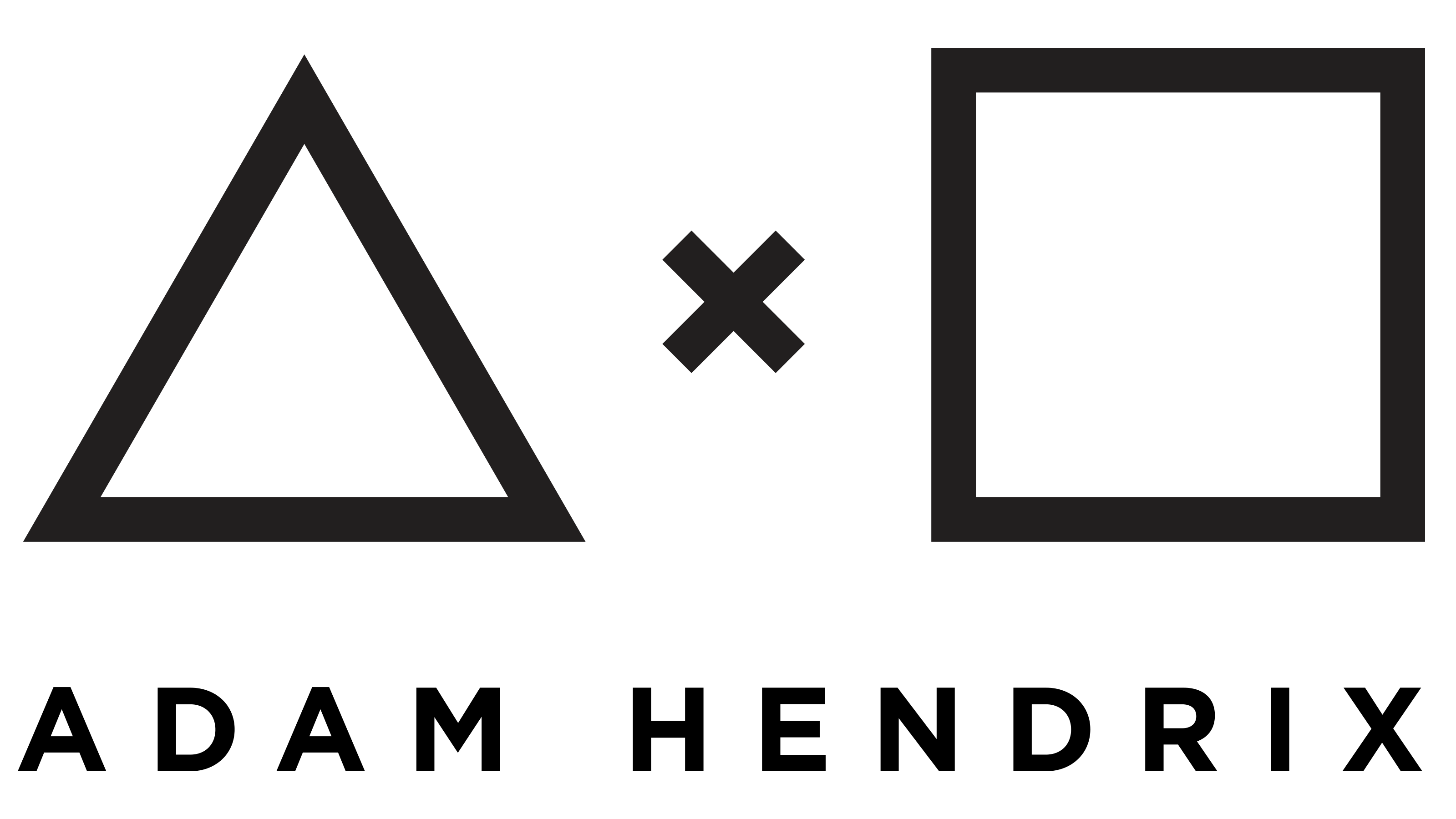
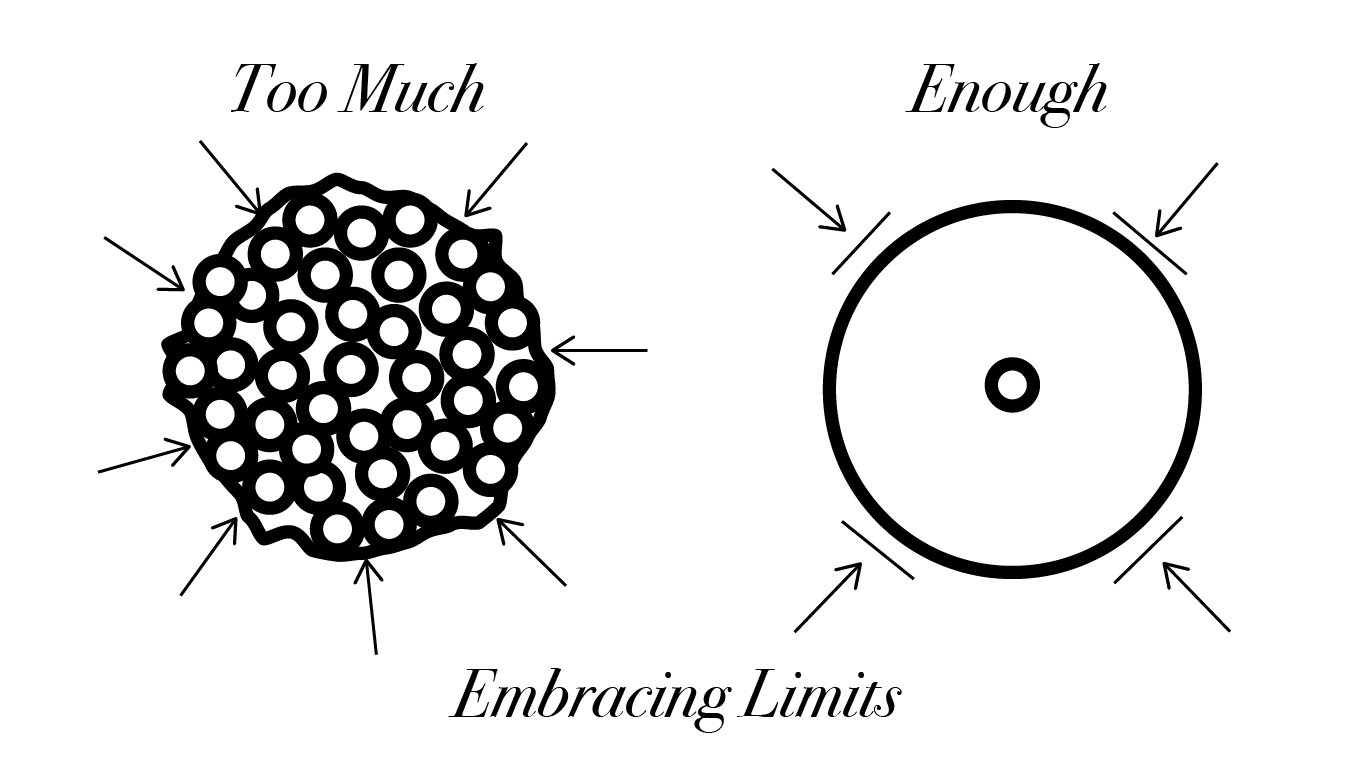
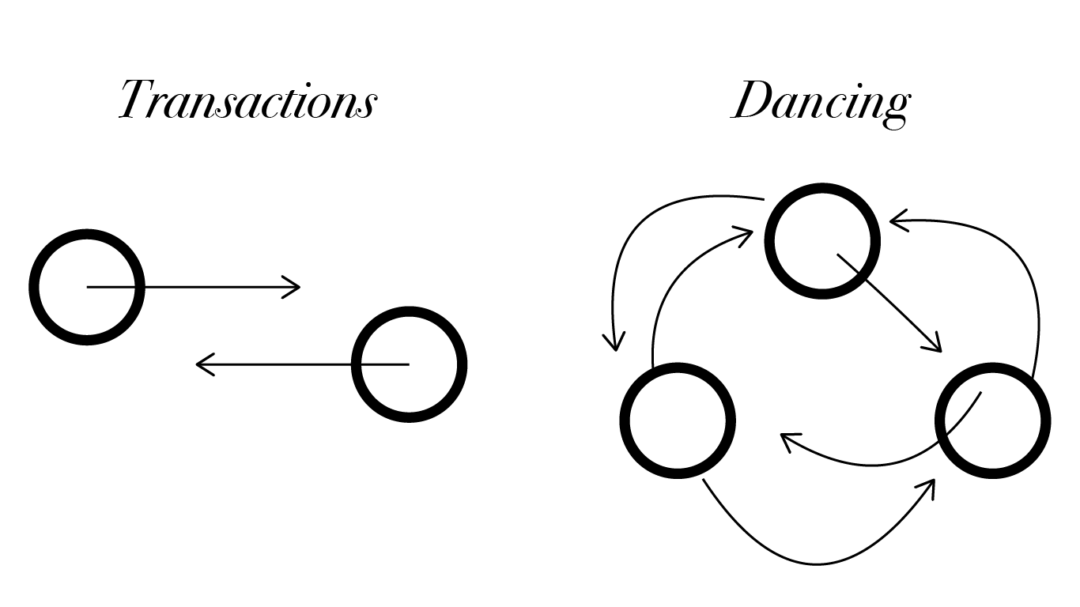


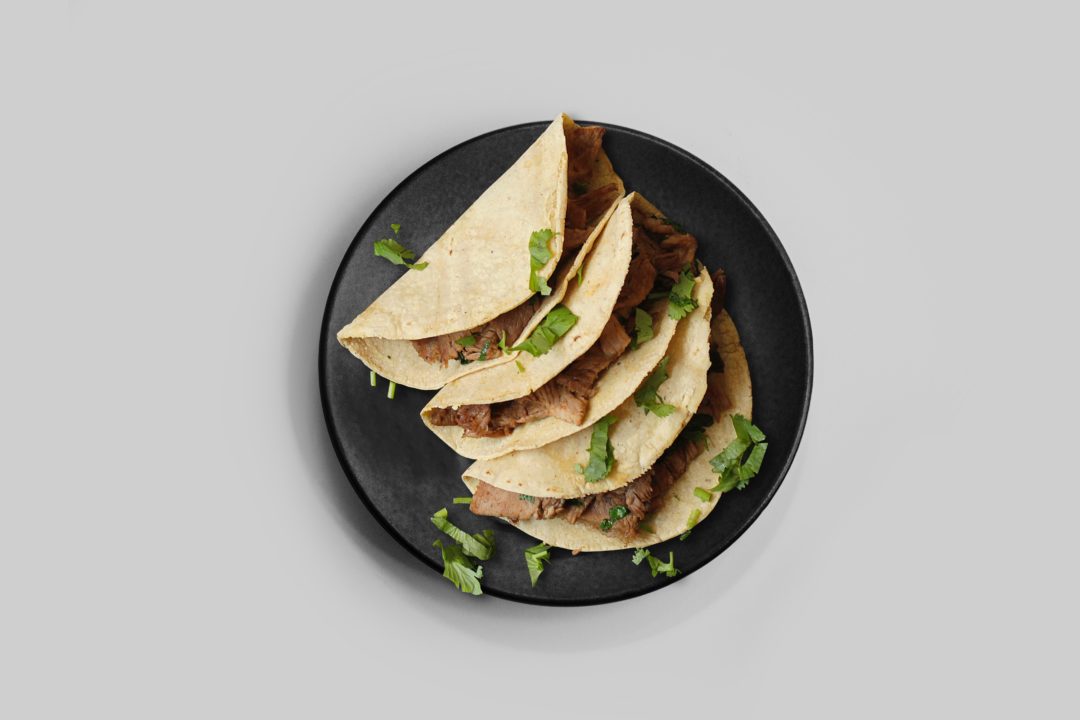
2 Comments
I’ll listen to you write about sausage anytime. Sign me up!
It’s my niche!